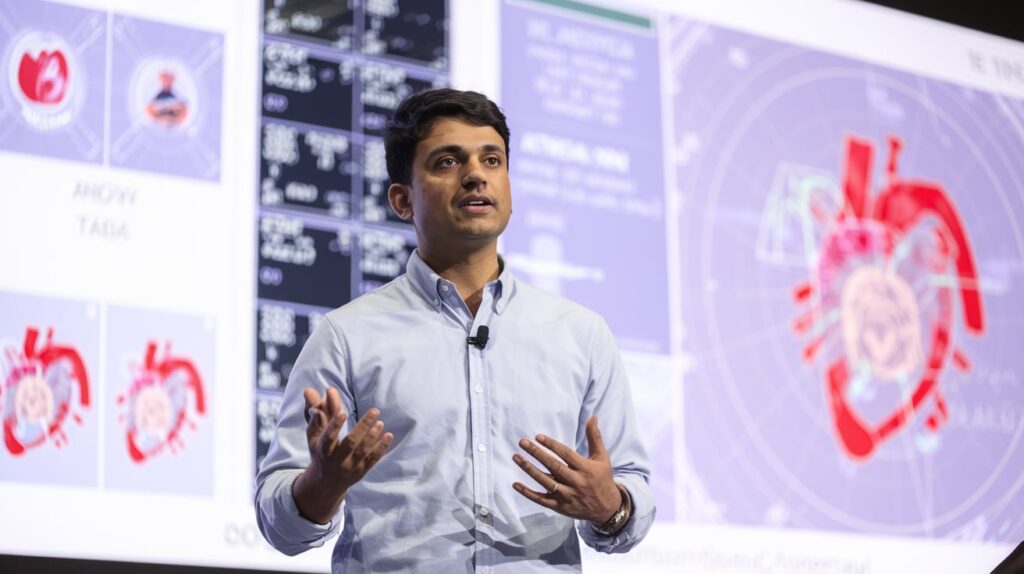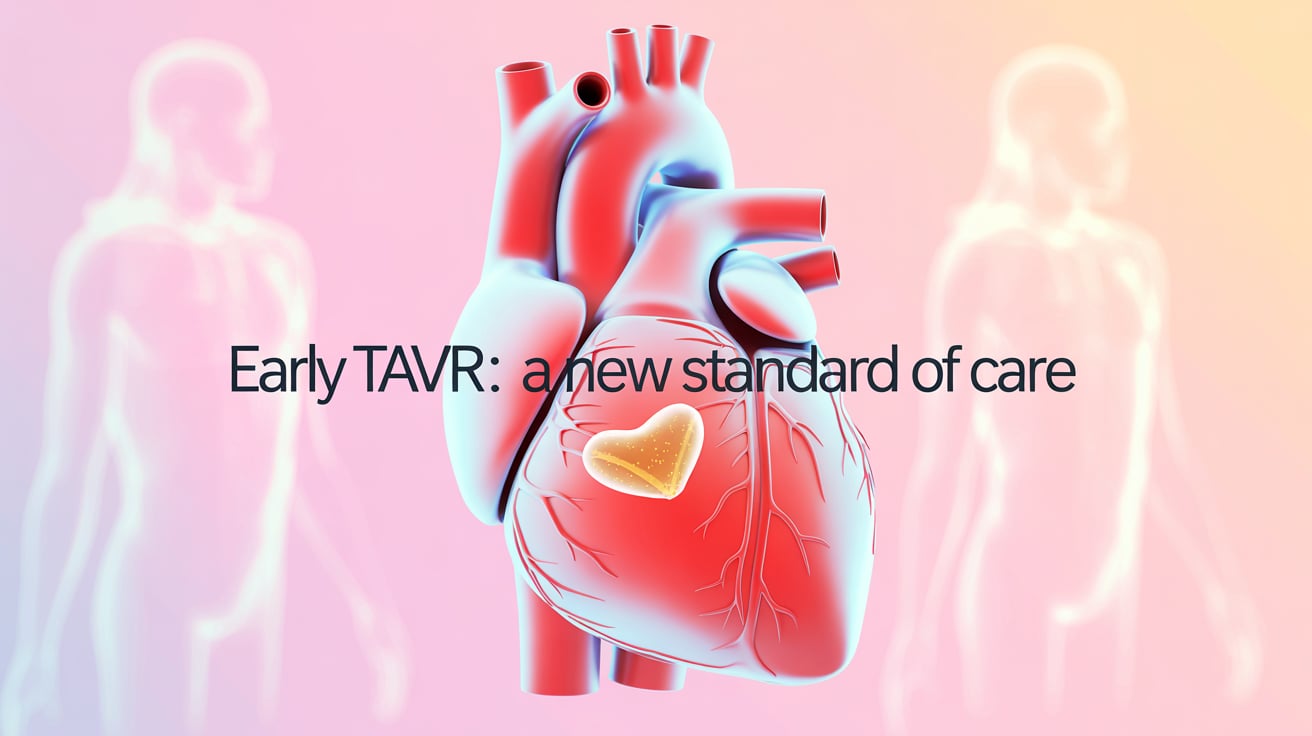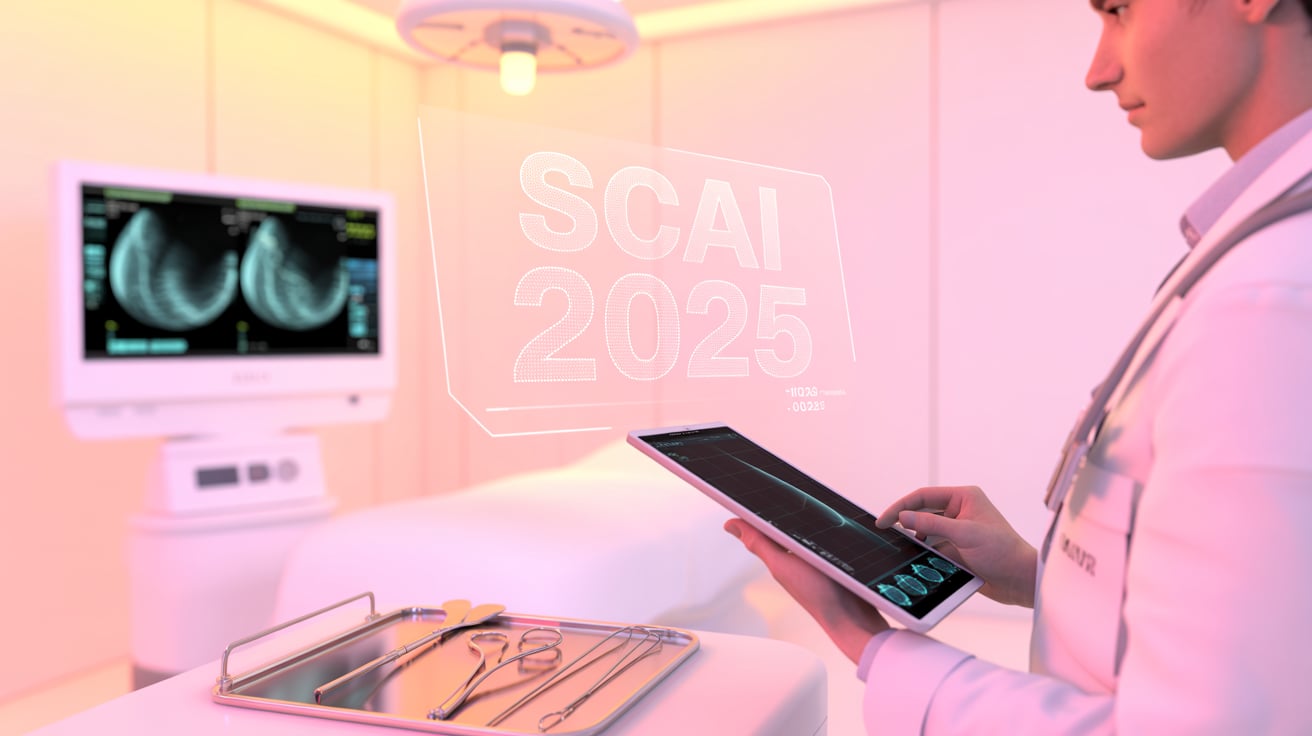Artificial intelligence (AI) has transitioned from a concept to a powerful tool in cardiology, with over 160 FDA-cleared algorithms now enhancing diagnostics, imaging, and interventional cardiology. Partho Sengupta, MD, shared his insights on AI’s transformative role in cardiovascular medicine during an interview at TCT 2024.
AI’s Growing Impact Sengupta highlighted AI’s significant impact on cardiac imaging, particularly in procedural planning for structural heart diseases. AI’s ability to automate tasks like image segmentation and quantification has streamlined procedures and improved efficiency, especially in heart failure interventions.
AI’s rapid evolution has exceeded expectations, with the technology making substantial changes to cardiology much sooner than anticipated. “I didn’t know that the exponential trend of AI was going to hit so quickly, and now I think everybody’s using AI,” Sengupta said.
Where AI Excels and Struggles While AI is advancing diagnostics in coronary artery disease through convolutional neural networks, its limitations become apparent in more complex conditions like heart failure or valvular diseases. Sengupta noted that while AI excels in pattern recognition, it lacks the human ability to interpret contexts, which can lead to biased or incorrect conclusions.
Barriers to Implementation Sengupta pointed out that AI adoption in cardiology is hindered by inconsistent hospital infrastructure. Variability in imaging systems and data formats complicates the generalization of AI models across different institutions. He also cautioned against overloading AI models with excessive data, which could result in errors.
AI as a Tool for Augmentation Looking ahead, Sengupta sees AI not as a replacement for physicians but as a tool to augment their capabilities. One promising area is AI-driven risk stratification, which could surpass traditional methods like the ASCVD or Framingham scores by incorporating a patient’s clinical history, genetics, and imaging data for more personalized risk assessments.
Redefining Disease Taxonomy Sengupta also believes AI has the potential to redefine disease categories, similar to how genomics has changed cancer classification. This could lead to new insights into heart failure, aortic stenosis, and other cardiovascular conditions, further enhancing diagnostic accuracy and treatment outcomes.
Follow MEDWIRE.AI for the latest advancements in AI-driven cardiology and healthcare innovations.








